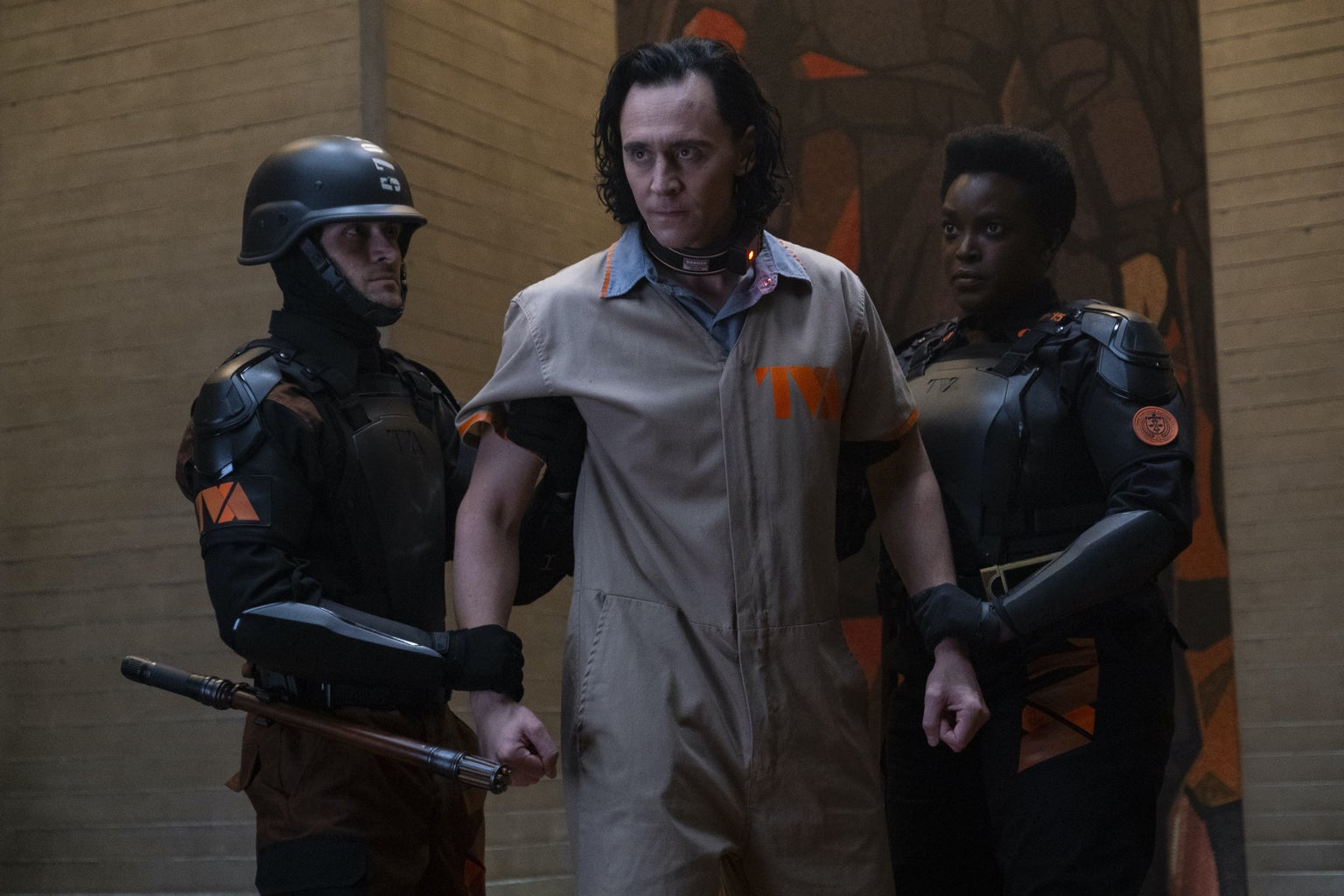GQ published a delightfully candid profile on the legendary 80-year-old director Martin Scorsese. In a thoughtful reflection of his life and work, he shares anecdotes ranging from finding refuge in cinema as a young asthmatic boy to his melancholic consciousness that his remaining projects are numbered. In such an emotionally frank and well-written piece, it’s only natural that the internet’s only takeaway is his brief criticism of Marvel movies. Despite the 15 minutes of X controversy it spurred, when interpreted correctly, Scorese’s commentary is alarmingly relevant and attests to a greater turbulence in our culture: an attack on creativity and expression.

Until recently I was an avid Marvel consumer, and technically I’m still yet to have missed a theatrical release since 2017’s Spiderman: Homecoming. However, what was once a beloved tradition of attending midnight releases has evolved into a chore of begrudgingly fitting them into my schedule when I can.
I happened to see Antman: Quantumania the same day I got my wisdom teeth out, and I found myself wishing I was still under anesthesia. Over the last few years, I’ve grown increasingly intolerable with how completely soulless these “stories” are, and this isn’t an uncommon experience by any means.
Many online loudly vocalize their dislike of the post-Avengers: Endgame era, a constant flood of pointless short series and lengthy three-hour features of poor CGI. While I agree with the noise online, I don’t believe it’s accurate to say this lack of quality is a recent development. This franchise has always been teetering the edge of mediocrity, and it’s their new vicious and repetitive content cycle that makes their void of passion and craft unavoidably conspicuous.
However, the movies themselves are only a mere piece of the greater issue Scorsese warns against. He believes the real dilemma is that Marvel and other large franchises are being valued over “supporting individual voices that express their personal feelings or their personal thoughts and personal ideas and feelings on a big budget.” He fears that the industry has “pigeonholed” these enriching pieces “to what they call indies,” and now the younger generation already believes “movies are only” these mindless billion dollar franchises.
While obviously the prosperity of the industry depends on financial gain, good storytelling once remained the core. Now, in an era of constant reboots and sequels, it’s evident that the only stories being given a major platform are the ones curated for the sole purpose of profit. It’s a depressing reality and no amount of Spiderman cameos can evade it.
This phenomena in the film industry is a microcosm of a greater looming threat. Passion and creative expression everywhere are being devalued in favor of promised profitable outcomes. While these areas are historically overlooked, a reliance and borderline careless embrace of technology is worsening the margin, with AI being the most detrimental threat yet. Some argue a safeguard for creatives in that AI is incapable of encapsulating emotion and fostering reliability like people naturally can. However, full dependency on AI will eliminate the opportunities for these essential works to be created and valued, so it doesn’t really matter. AI, despite its apparent and harmful shortcomings, is all you’ll get anyway. The first step to protecting creative work is simply the awareness of its attack. It’s a threat that, despite so many robot takeover movies, people are choosing to neglect. With the actual dismantling of the issue itself being so complex and uncertain, it’s in need of all the support it can get. Just as film is a target of this effect, the qualities of a good movie provides some insight to the solution. Prioritize the people: feelings, experiences, flaws, and all in between.



